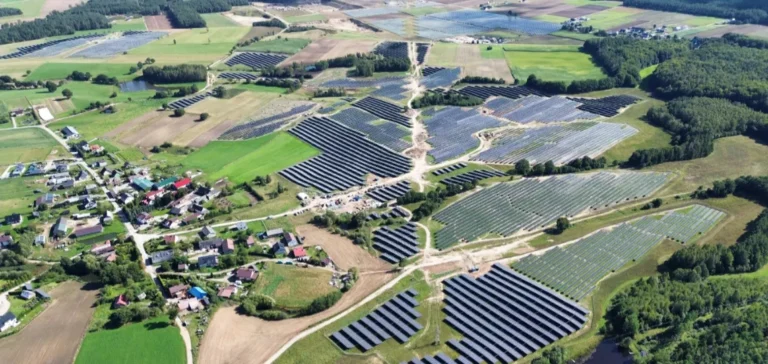Mars, Incorporated has signed a large-scale agreement with renewable energy developer GoldenPeaks Capital for the implementation of over 100 solar projects in Poland. The deal includes the installation of 129 megawatts of alternating current capacity (MWac), expected to generate approximately 222 gigawatt-hours (GWh) annually. This output will be used to cover Mars’ direct operations in Europe as well as part of the energy needs of its suppliers.
This contract marks the first phase of Mars’ renewable energy acceleration programme on the European continent. It forms part of a broader global strategy to integrate energy sourcing, following similar initiatives launched in other markets. According to disclosed figures, the energy generated will be enough to power around 100,000 households per year.
A structuring contract for regional solar development
The partnership with GoldenPeaks Capital is described as the largest multi-buyer renewable energy operation in Central and Eastern Europe. All installations are scheduled to become operational by 2027. In addition to Mars, the project also involves Cargill, a long-time supplier to the group, which signed a separate agreement with the same developer to cover part of its electricity demand.
This collaborative approach among industrial companies enables the pooling of energy demand, ensuring the viability of large-scale solar projects. The direct involvement of suppliers in such initiatives aims to reinforce supply stability while maintaining operational cost control.
International deployment of the acceleration programme
The agreement with GoldenPeaks Capital is part of the Mars Renewables Acceleration programme, which seeks to progressively replace fossil fuels with renewable sources across all group-owned sites and throughout its value chain. This strategy relies on aggregating the energy demand of Mars and its commercial partners to generate new volumes of renewable production.
Following the recently announced partnership with Enel in the North American market, Mars is reinforcing a global approach to decarbonising its operations. Additional agreements are currently under development to strengthen this initiative on a worldwide scale.
Mars aims to reduce its total carbon footprint by 10% by 2030 through these actions. The company also targets carbon neutrality (“Net Zero”) by 2050. These goals include other levers such as transport transformation, deforestation prevention, and low-impact agricultural practices.






















